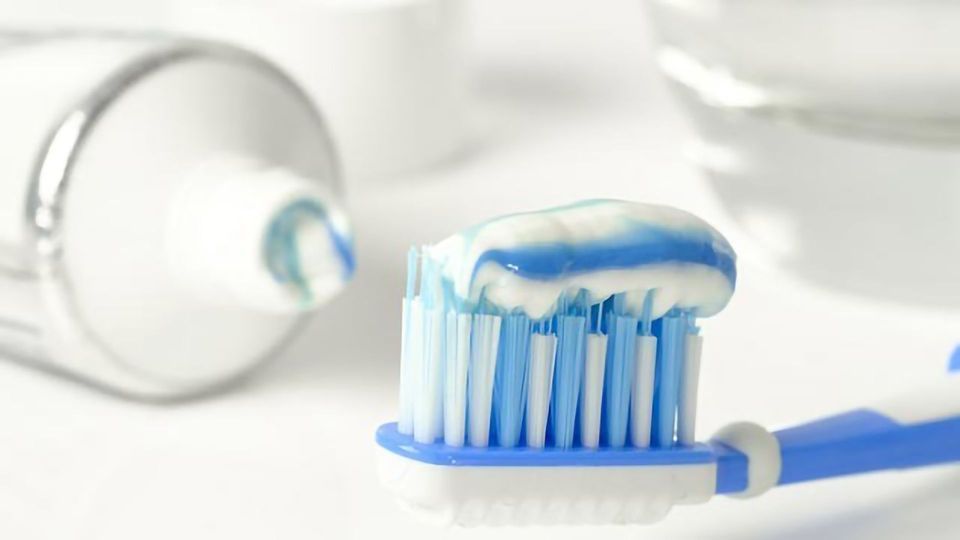Postpone Alzheimer’s by Brushing Your Teeth

Complete the form below to unlock access to ALL audio articles.
The researchers have determined that gum disease (gingivitis) plays a decisive role in whether a person develops Alzheimer's or not.
"We discovered DNA-based proof that the bacteria causing gingivitis can move from the mouth to the brain," says researcher Piotr Mydel at Broegelmanns Research Laboratory, Department of Clinical Science, University of Bergen (UiB).
The bacteria produces a protein that destroys nerve cells in the brain, which in turn leads to loss of memory and ultimately, Alzheimer's.
Brush your teeth for better memory
Mydel points out that the bacteria is not causing Alzheimer´s alone, but the presence of these bacteria raise the risk for developing the disease substantially and are also implicated in a more rapid progression of the disease. However, the good news is that this study shows that there are some things you can do yourself to slow down Alzheimer's.
"Brush your teeth and use floss". Mydel adds that it is important, if you have established gingivitis and have Alzheimer´s in your family, to go to your dentist regularly and clean your teeth properly.
New medicine being developed
Researchers have previously discovered that the bacteria causing gingivitis can move from the mouth to the brain where the harmful enzymes they excrete can destroy the nerve cells in the brain. Now, for the first time, Mydel has DNA-evidence for this process from human brains. Mydel and his colleagues examined 53 persons with Alzheimer´s and discovered the enzyme in 96 per cent of the cases.According to Mydel, this knowledge gives researchers a possible new approach for attacking Alzheimer's disease.
"We have managed to develop a drug that blocks the harmful enzymes from the bacteria, postponing the development of Alzheimer's. We are planning to test this drug later this year, says Piotr Mydel.
Reference: Stephen S. Dominy, et al. Porphyromonas gingivalis in Alzheimer’s disease brains: Evidence for disease causation and treatment with small-molecule inhibitors. Science Advances. (2019) DOI: 10.1126/sciadv.aau3333
This article has been republished from the following materials. Note: material may have been edited for length and content. For further information, please contact the cited source.

